Long time no see, bookish peeps! I hope you all have had a wonderful 2023 and are having a great week!
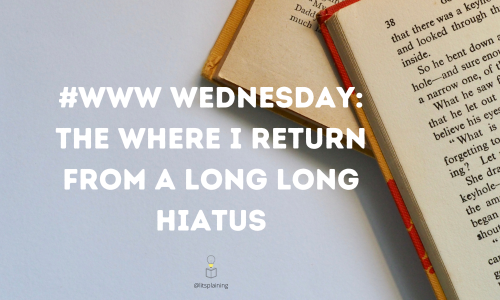
I guess no one was going to tell me that Friendsgiving is next week. Hee Hee, I was shocked to learn from my family that next week is already another holiday here Stateside. Do you all celebrate the holiday or are you just taking it as another day?
On a more bookish note, I’m finally back with another WWW Wednesday!
WWW Wednesday is a weekly meme hosted by Sam @ Taking On A World of Words and asks readers to answer the following questions:
- What did you read last?
- What are you currently reading?
- What will you read next?
What did you read last or are currently reading?
If I’m being honest with you all, I haven’t finished a full book in about three weeks, going on a month now. I’ve been working on several work presentations and a conference presentation and time got away from me when it came to reading.
The books I’ve started for my “African Literature” and “Finish A Series”/”Author” categories included: Devil on the Cross by Ngūgī wa Thiong’o, Destination Biafra by Buchi Emecheta, and Anne of Ingleside by L.M. Montgomery.
I previously read Thiong’o’s A Grain of Wheat as a graduate student when I was studying for my Literary & Cultural Studies degree and took a Post-Colonialism and Transnationalism course and then finished his folklore/fantasy-esque novel, Wizard of the Crow, earlier this year. I thoroughly enjoyed the expansiveness and intricacies of the world Thingo’o built in Wizard of the Crow to convey his moral tale. What I love about this Kenyan author’s work is that he first and foremost shuns the idea that Western Literature is the center and chose to write Devil on the Cross (1980) in his native tongue, which is Gĩkũyũ. Thiong’o then translated the Devil on the Cross himself to publish in English.
Like Wizard of the Crow, this novel is a satire about the patterns post-colonial and post-imperialistic countries fall into when trying to establish their independence from the colonizer. Where Wizard of the Crow was a tale that was more light-hearted and satirical with elements of fantasy, folklore, and Kenyan mythology, Devil on the Cross is a darker tale. Here, Thiong’o leans heavily toward satirizing the moral tales of the Bible and pairing Kenyan folklore with Christian Biblical references. In Devil on the Cross, the author also satirizes African political events generally and then, heavily evoking instances in Kenyan politics specifically. So, it was not too shocking to learn that this novel was written on toilet paper while Thiong’o had been jailed as a political prisoner in Kenya in 1977 after staging his play, Ngaahika Ndeena (I Will Marry When I Want), which was written as an expose on the ruling class of Kenya in the voice of the workers and peasants of the country. With Thiong’o, political themes run deep. This shows in Devil on the Cross’s contents.
So far, I am enjoying this third novel from the author for how he has once again given voice to the little person who gets ran over by the capitalistic and political forces when post-colonial and post-imperialistic atmospheres arrive in a building nation. As we follow his cast of characters, it is clear that each character is representative of a different group of society in this new nation (ex: the scholar, the poor and working class, the business tycoon, the politician, and the vulnerable and unprotected woman who is at risk of violence at all sides).
Thiongo’o’s cast is on their way to what they call “the Devil’s Feast” where the modern thief will be crowned. This thief is the person who has managed to stealthily steal from the poor and their fellow human to the grandest degree without remorse. The judges at this feast are the original thieves, the Western (US, UK, Dutch, French) and Euro-asian (Japan and Russia) leaders who originally stole land and resources from Africa and the Global South. The main character of Devil on the Cross is Wariinga, who leads us through this story. Wariinga represents the female body who is usually the person who suffers worse in times of war and reconstruction. I highly suggest reading this book. However, I will warn that the book is slow going in pace, so try and have a lighter read to pair with it.
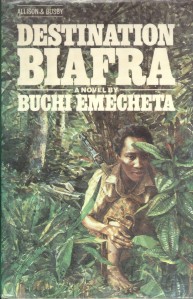
Like Thiong’o’s novel, Destination Biafra by Buchi Emecheta is also a wartime post-colonial novel. But, Emecheta writes about the Biafran Civil War in the 1960s from the female perspective using her character Debbie. Debbie is the daughter of the Minister of Finance in Nigeria. As war breaks out in her country, Debbie decides to eschew the money grabbing and flashy ways of her parent and their social set and join the fight as a soldier. This decision appears to be made in haste on Debbie’s part. Yet, as with many of Emecheta’s books, the reader gets to relive parts of the author’s thoughts and experiences through her characters.
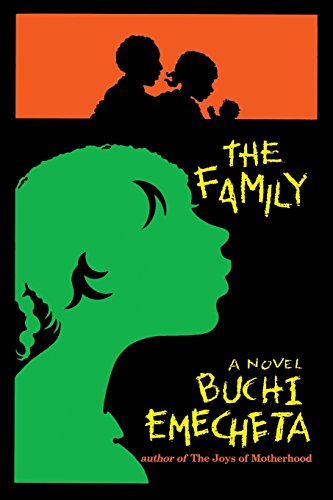
This is my ninth novel from Emecheta this year for my “Year of Emecheta.” Out of all her books, this is her most “serious” topic she writes in the introduction since it allows her to make peace with the fact that she was not able to be in Nigeria during the Biafran War. Emecheta goes as far as to say that this is her first “masculine” novel. While I am only in the beginning parts of her book, I can agree that this novel unlike the other eight I have read this year feels as if it is heftier and less focused on the dramatic tropes she uses to talk about family life as an expat in London or village life in Nigeria. Unlike my favorite Emecheta novels, The Family (also called Gwendolyn), Naira Power, and Second-Class Citizen, Destination Biafra, pans out from the Nigerian family who is usually the focus of the author’s stories, and instead focuses on Nigerian politics.
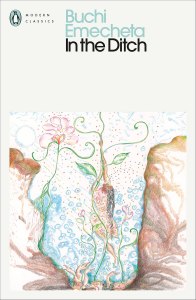
Where Emecheta would usually have her female characters telling the majority of the story, the plot is mostly seen through male characters eyes in Destination Biafra. Additionally, Emecheta’s personal history is centered less in this book than the other stories I have read from her, such as Second-Class Citizen, In the Ditch, Kehinde, or Double Yoke. In these stories, much like the Antinguan author, Jamaica Kincaid, Emecheta has a way of popping up into her stories as a thinly veiled fictional version of herself to offer her thoughts on characters’ behaviors or life as she sees it. I enjoy this aspect of Emecheta’s work, but in books like Double Yoke, the author lays it on thick to the point of sacrificing the plot in favor of inserting her likeliness into the story. That being said, it’s too early to say if I’d recommend this particular Emecheta. Nevertheless, I highly highly recommend her other adult fiction novels, The Joys of Motherhood, The Family/Gwendolyn, Kehinde, In the Ditch, and the YA novellas, The Moonlight Bride and The Wrestling Match, which are all books I read earlier this year and loved.
Last but not least, I am finishing up the Anne of Green Gables series by L.M. Montgomery. This series happens to be my older sister’s favorite series, so I wanted to read it to discuss it with her and because my younger brother and I loved the cartoon version of the show when we were little. I am currently on the sixth book in the series, Anne of Ingleside. I’ll hold my thoughts until I finish all the books and report back.
Have you read any of the Anne of Green Gable books?
What will you read next?
Besides finishing the books I mentioned, I’ve also been working my way through the American Girl series after repurchasing the Addy books and finding the rest through my local library and Internet Archive. I realized earlier in the year that I had never really read all the books. With the exception of reading Addy’s series all the way through, each book series felt fresh to me. In certain cases, like with Molly and Samantha’s story, I vaguely remember reading or watching a made for tv movie as a kid or tween and had my memory jogged about minor plot details. Otherwise, I was enthralled with each book.
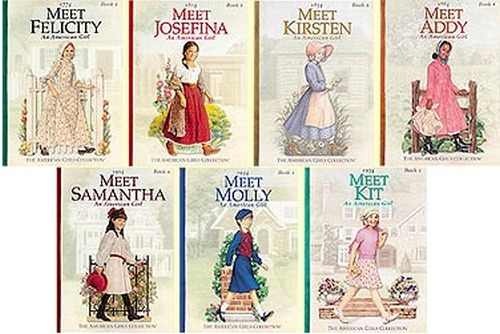
So far I’ve read almost all of the core dolls’ book series, with the exception of Samantha and Josefina. After I finish these two collections, I will be reading the other dolls series. If you have small children who are interested in what young children would have experienced during different eras in American and Canadian history, I would highly suggest these book series.
That’s all for me in terms of reading.
Did you read American Girl, Dear America, or Dear Canada books as a kid?
One more thing before you go….
Since I haven’t done a Sunday Post episode here, I’ll also let you know what music I’m listening to. I’ve recently got into YouTube playlist videos. I found these cool playlists that add a nice touch to my morning hourly DEAR (Drop Everything And Read) sessions. Each playlist has elements that help me focus. From soothing rain sounds, classical tracks, and lo-fi, I highly commend these playlist channels to enhance your reading pleasure.
Until next time, bookish peeps,
Happy Reading!
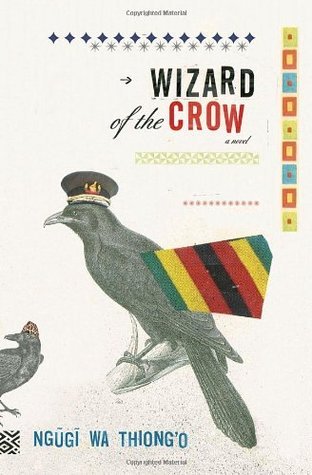
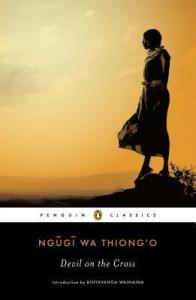
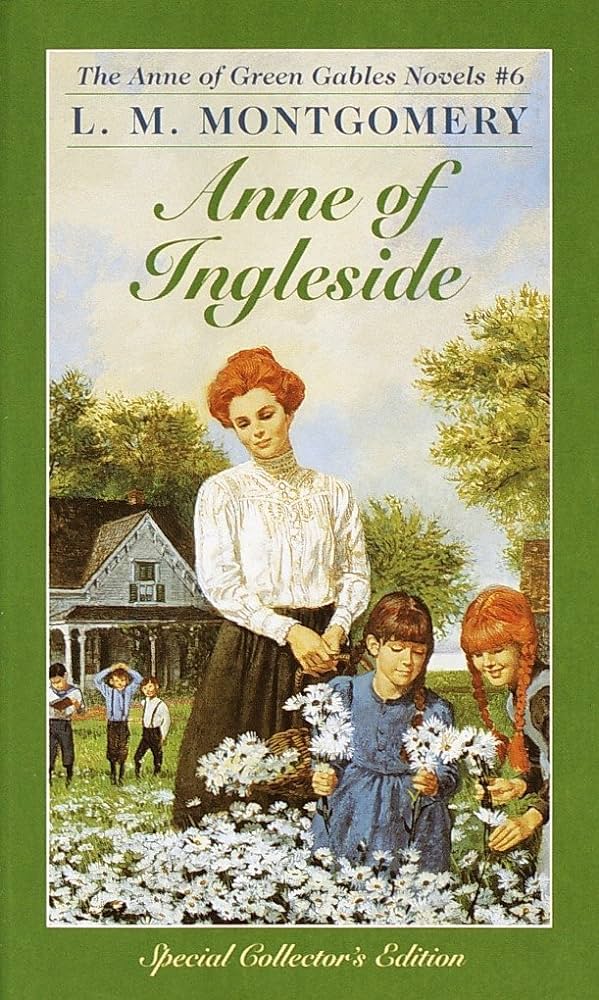
Your daily DEAR hour is a great idea… except I’d want to make it all day!
LikeLike